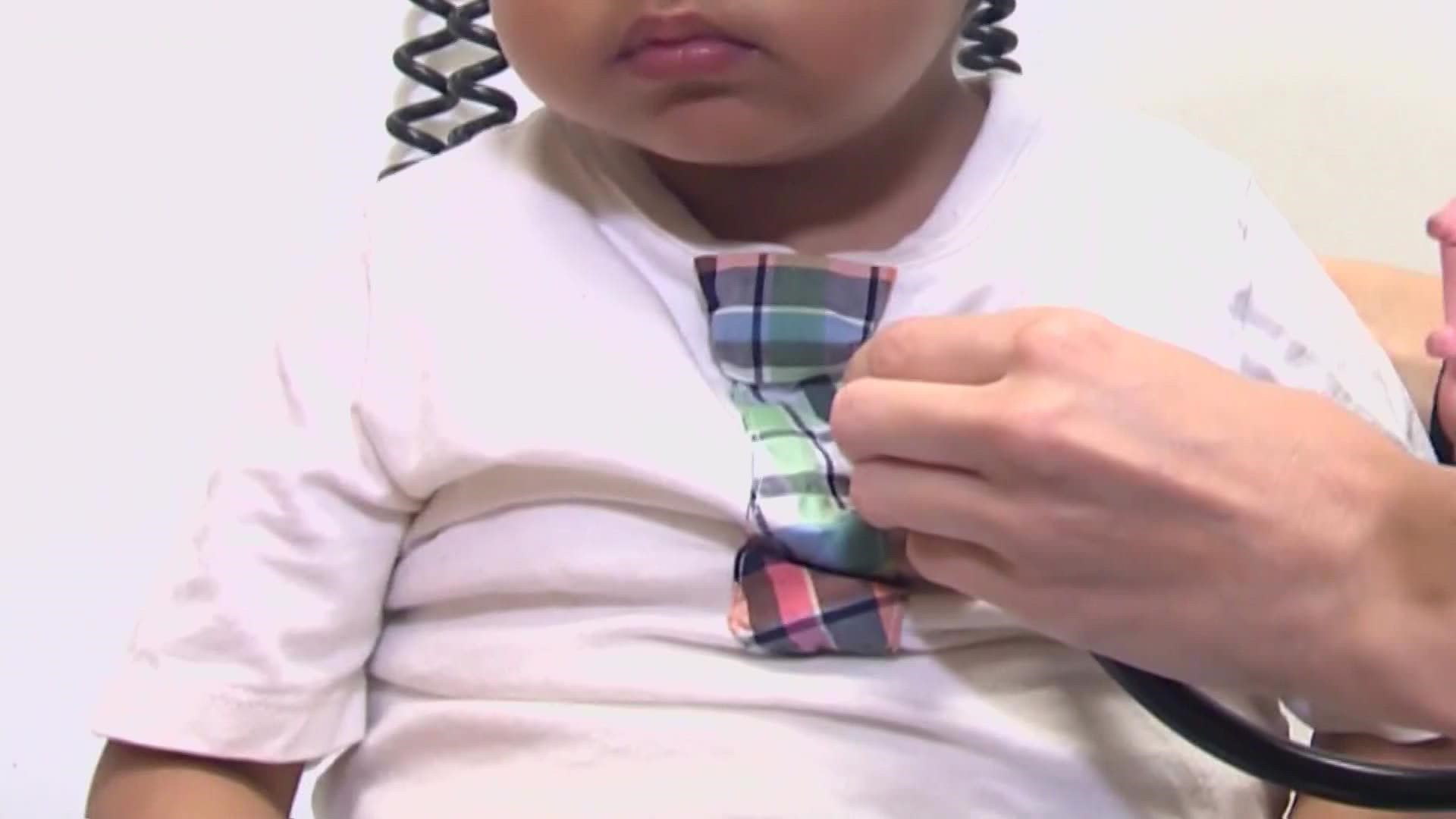GREENSBORO, N.C. — Online learning and early lockdowns led to children spending more time at home on electronic devices than participating in extracurricular activities.
The American Medical Association found childhood obesity increased dramatically since the start of the pandemic.
The study found obesity increased among children ages five to eleven years old from 36.2 percent to 45.7 percent.
Registered Dietitian Joyce Eury with Novant Health Diabetes and Nutrition said childhood obesity can have both immediate and long-term consequences.
“Kids are more likely to have physical issues such as high blood pressure or cholesterol or elevated glucose and insulin resistance,” Eury explained.
“There could be breathing problems such as asthma and sleep apnea even with kids, that are related to weight and then joint problems are not uncommon.”
Eury said obesity can lead to psychological issues like depression and anxiety but said there are several steps parents can take now to get ahead of it.
“Children are going to learn from what they see their parents or caregivers doing,” Eury explained.
“So, making healthy eating and regular physical activity a family affair is important, including having family meals together as much as possible. You know eating together allows kids to observe habits that we want them to adopt and usually dinner time is the convenient meal for this to take place.”
She said having healthy snacks like popcorn, hummus, and fruit available is a plus, but said occasionally incorporating less healthy snacks like milk and cookies can teach kids the importance of a balanced diet.

